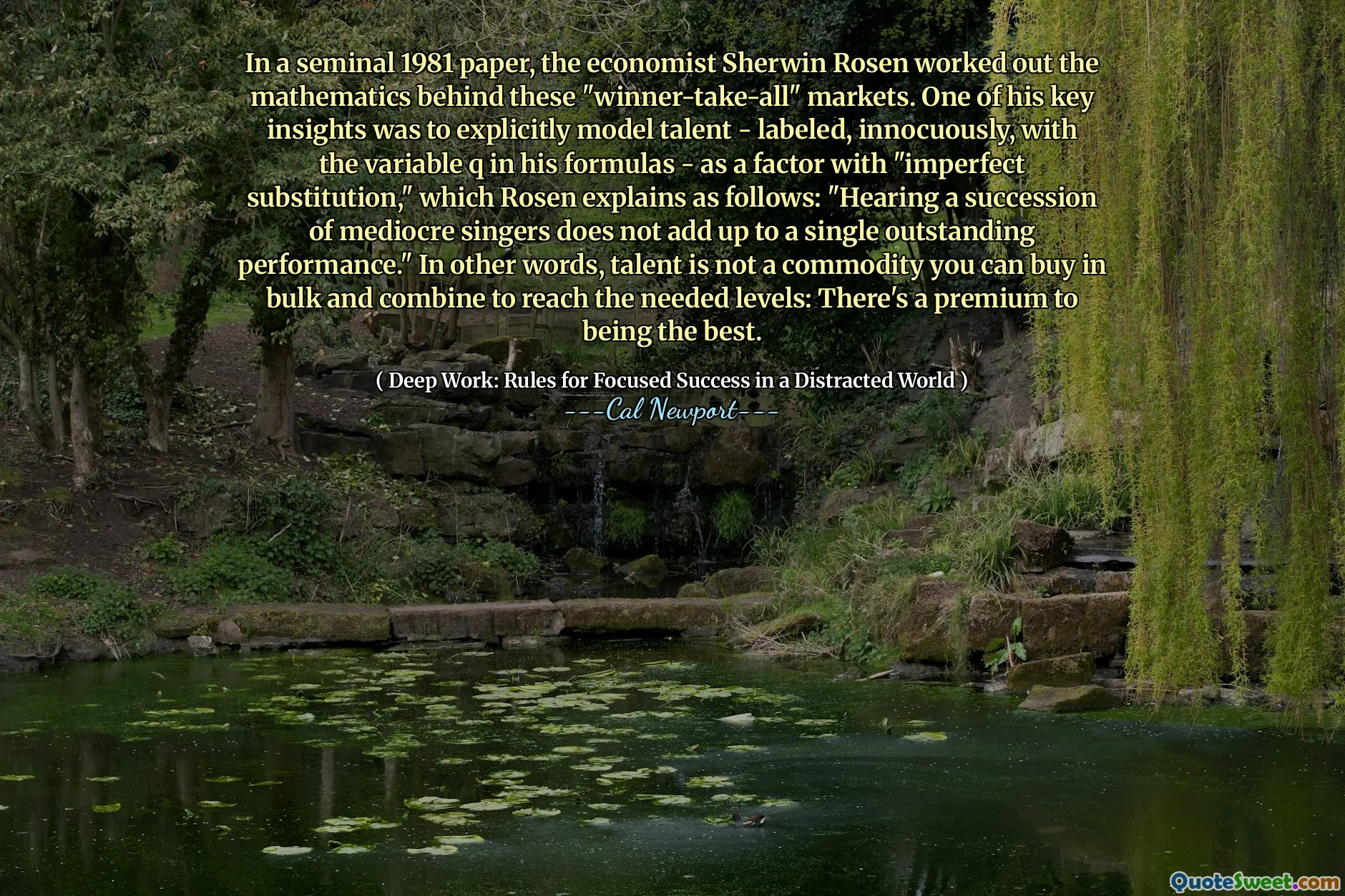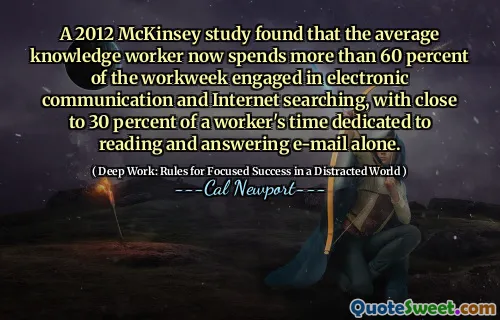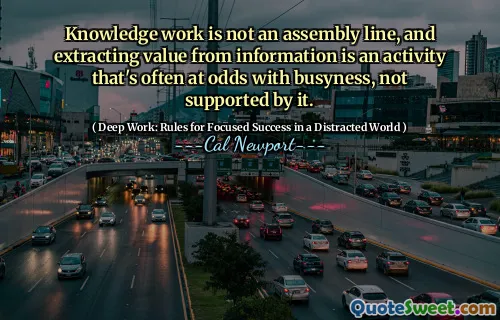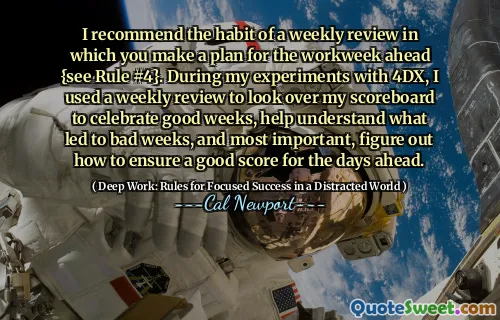
In a seminal 1981 paper, the economist Sherwin Rosen worked out the mathematics behind these "winner-take-all" markets. One of his key insights was to explicitly model talent - labeled, innocuously, with the variable q in his formulas - as a factor with "imperfect substitution," which Rosen explains as follows: "Hearing a succession of mediocre singers does not add up to a single outstanding performance." In other words, talent is not a commodity you can buy in bulk and combine to reach the needed levels: There's a premium to being the best.
This quote highlights a critical understanding of market dynamics, especially in fields where excellence is highly valued and rewarded disproportionately. In 'winner-take-all' markets, surpassing competitors isn't simply about accumulating more of a particular resource—like talent—but about distinguishing oneself through unique, exceptional qualities. Rosen’s notion of "imperfect substitution" underscores that mediocre or average talent cannot simply be pooled together to create the same impact as a truly outstanding individual. For instance, listening to many mediocre singers doesn't equate to a single great performance, emphasizing that quality and uniqueness can't be mass-produced or replaced easily. This insight opens a broader discussion on how value is often concentrated and why top performers or exceptional talents command premium rewards. It’s a reminder that striving for excellence isn’t just about effort but about cultivating distinctive characteristics that cannot be easily replicated. In modern society, especially in creative industries, technology, and leadership, this concept holds profound implications, encouraging individuals and organizations to focus on developing unique strengths rather than attempting to impose uniformity or settle for mediocrity. This understanding also shapes societal priorities, in education, investment, and talent development, revealing why nurturing exceptional ability remains crucial because true differentiation creates economic and cultural heights that cannot be matched by mediocrity. Recognizing the uniqueness of talent can inspire more targeted and meaningful investments in skills and attributes that truly define what it means to excel and stand out amid abundant similar talent.











